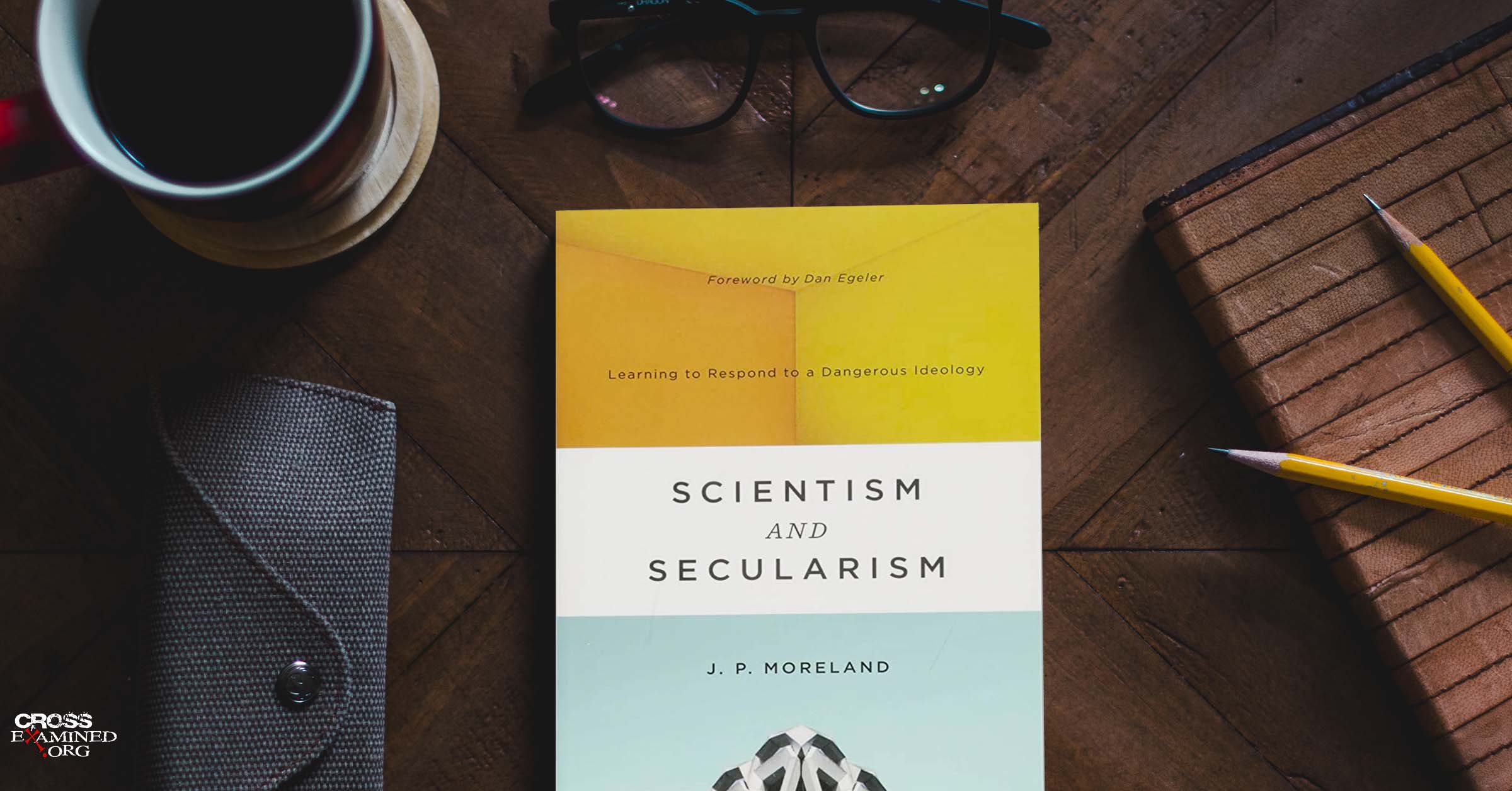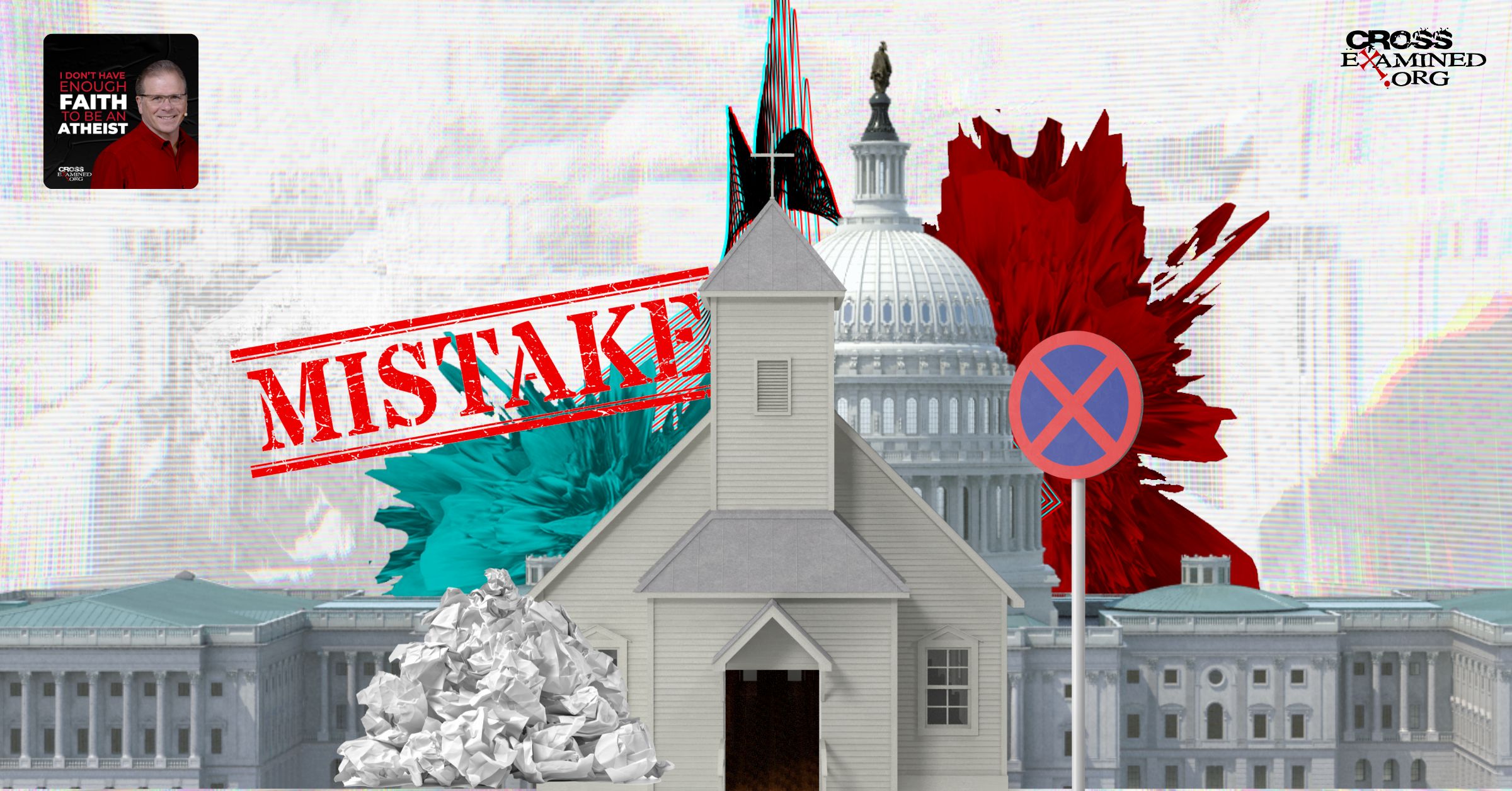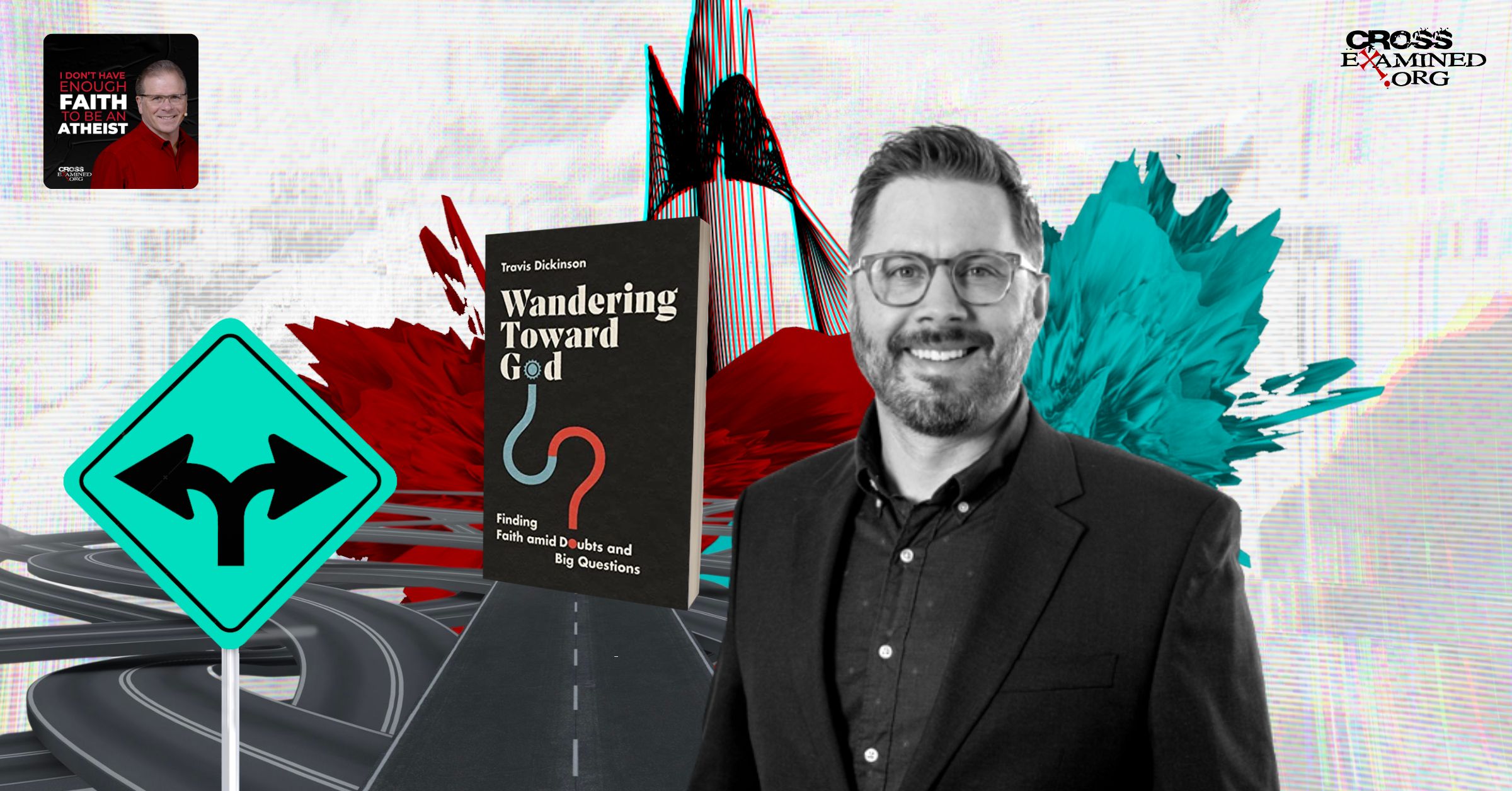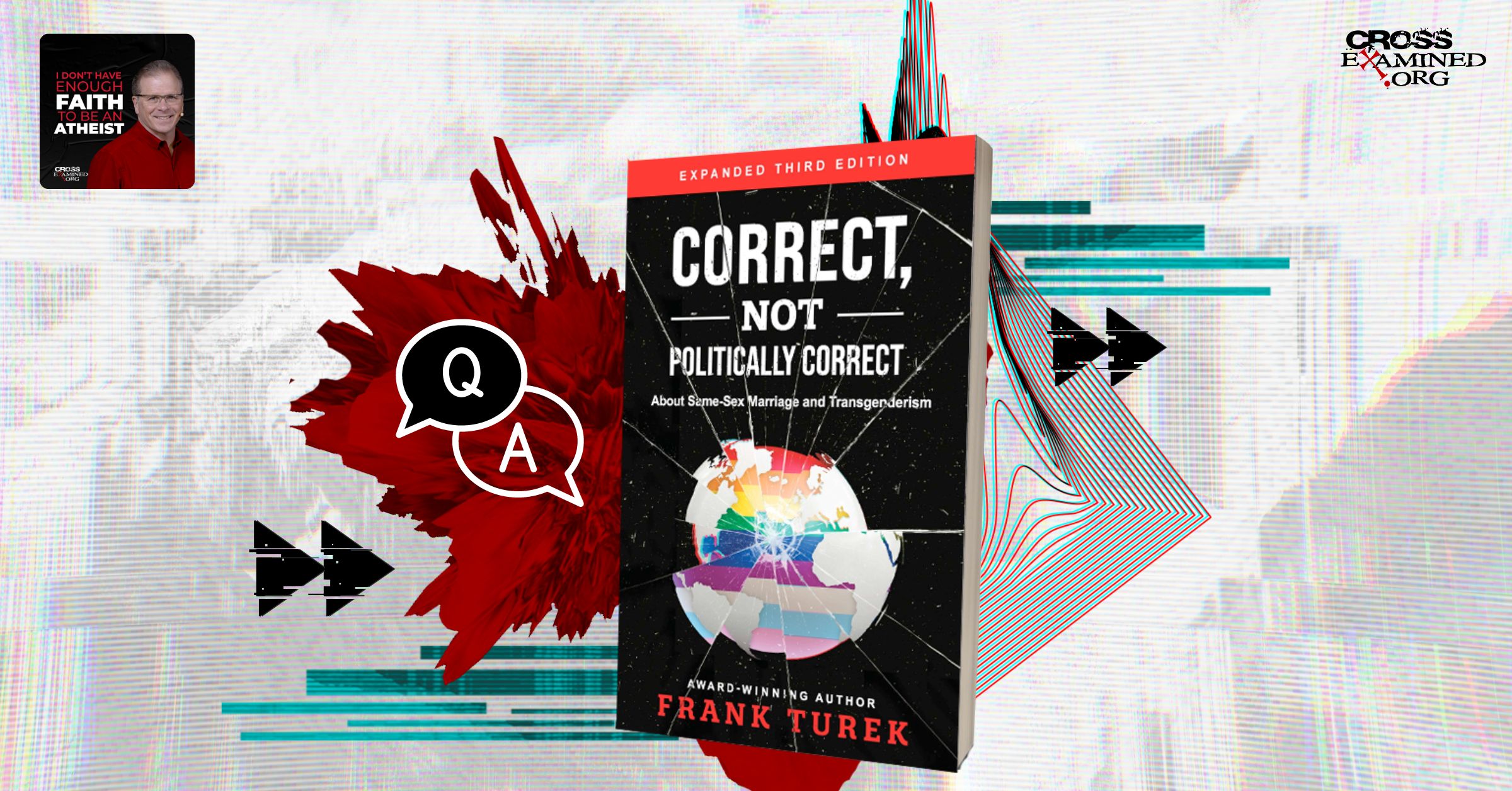Secular Professor Tactics 101
As a parent or student it will help you to know that in many cases your secular professors have a strategy. They have a goal. A strategy is the big-picture plan to win or achieve that goal. Tactics are the step-by-step methods used to carry it out. I’ve told you before that you can see their goal by how they live their own lives. But now let’s look at their classroom tactics.
If you’re a parent or a prospective student, you need to understand the tactics of the secular professor. For many of them, “winning” means leading students to adopt a radical leftist ideology—either by outright agreement or by slow, subtle influence. Agreement isn’t always demanded immediately. Sometimes, all they want is your gradual surrender of confidence in anything else. The big win, however, is final deconversion from Christianity and acceptance of something like the LGBTQ+ “safe zone” philosophy pushed at ASU.
Undermining Christianity: The Real Strategy
The strategy of many secular professors is simple: undermine Christianity. Why? Because Christianity remains the major roadblock to their radical leftist ideology. Without that, their goal is in sight.
If you had to guess a student’s religion, statistically, you’d guess Christian and be right more often than not. Christianity remains the default framework for morality, identity, and truth for many students, even if only in fragments. Christian teaching is the main roadblock to the Marxism at the core of the radical left.
And that’s a problem—for them.
The teachings of Christianity are fundamentally incompatible with the radical left’s view of sex, gender, truth, power, and the good life. So, it’s not just about “dialogue” or “working together.” Before they can win a student to their worldview, they must first destabilize the student’s confidence in Christianity. Undermine the foundation, and the rest of the structure will fall. That’s the strategy. Their tactics follow.
How the Strategy Is Carried Out: Tactics You Should Know
This strategy to undermine Christianity is carried out through many identifiable tactics. For parents and students, it’s worth learning these—not only to recognize what’s happening, but also to see how poorly equipped many of these professors are for the intellectual life they claim to lead. Scripture puts it plainly: “Claiming to be wise, they became fools” (Romans 1:22). What we’re witnessing in many classrooms today is a real-time application of that verse. Let’s examine a few of their most common tactics. We’ll begin with three—but the list, sadly, is always growing.
Tactic #1: Undermine the Word of God
The first and most foundational tactic is to undermine the authority of Scripture. This can take the form of a direct assault—mocking the Bible as outdated, oppressive, or absurd—or a more subtle approach: cherry-picking verses to support radical leftist ideology.
For example, I have a colleague—openly anti-Christian—who claims that Matthew 25:40 (“Whatever you did for the least of these, you did for me”) is the best verse in the Bible. Why? Because she believes it proves her progressive social philosophy. On her reading, all you have to do is advocate for so-called sexual minorities, and you’re doing exactly what Jesus said. No need for sound doctrine. No need to understand the whole Bible. Just grab a single verse and weaponize it. Incidentally, it is worth noting that in this specific verse, Jesus is speaking about believers.
But that’s only half the tactic. The next step is to accuse actual Christians of not living up to the verse. She’ll claim that conservative Christians don’t care for the poor or marginalized—never mind the fact (which students rarely hear) that conservative Christians out-give atheist professors by a staggering margin when it comes to charity, adoption, missions, disaster relief, and practical acts of compassion.
Still, students don’t know that. So the professor paints a picture: the Bible is on her side, and Christians are hypocrites who don’t live up to it.
You’ll notice she never mentions John 6, where Jesus rebukes the crowd for following Him only to get bread, rather than the Bread of Life. She’s not interested in the full counsel of God—only the verses that can be twisted to serve her ideological agenda.
There are other versions of this tactic. One common move is to deny that the Bible even teaches that homosexuality is a sin. “That’s just in Leviticus,” they’ll say, “and no Christian keeps that anymore.”
I call this the “Did God really say?” tactic. Just like the serpent in the garden, the secular professor begins by sowing doubt: Did God really say that?
Did He really say that homosexuality is a sin?
Did He really define male and female?
Did He really establish the moral order we find in Scripture?
If they can get the student to doubt the clarity, authority, or consistency of God’s Word, they’ve won the first battle.
Tactic #2: Vilify Christianity
The second tactic is to vilify Christianity—to paint it not as the source of civilization’s greatest moral and social advances, but as the root of all historical evil. This is straight out of the classical Marxist playbook, so anyone familiar with the last 150 years of ideology should see it coming a mile away.
Unfortunately, most parents assume we’ve moved past this kind of propaganda. And most students, born long after the fall of the USSR, have never heard a rebuttal. So here’s what they’ll be told:
Christianity invented slavery.
Christianity promoted poverty.
Christians fought to keep people oppressed.
Of course, if you dig long enough, you can always find someone—somewhere—who called themselves a Christian and said something foolish or sinful. That’s not hard. But that’s not the [larger] truth. The truth is this: Christianity gave birth to orphanages, hospitals, and universities. It introduced the rule of law, the dignity of the individual, and the foundation for economic growth and human rights. Christianity gave entire nations the hope of a better future in this life—and the next.
You won’t hear that in most classrooms. Instead, students will be told that Christianity supported slavery. But the historical reality is that slavery was universal in the ancient world. Christianity challenged and ultimately abolished it in Christianized nations—while it still exists today in non-Christian societies.
Why do professors hide this? Because the tactic is designed to make students (specifically white male Christian students) ashamed of their own heritage, their faith, and their families. That shame softens them. Once a student is ashamed of Christianity, they can be more easily reprogrammed and brainwashed. The Marxists knew this. And today’s professors are still using the same tactic with unnerving skill.
Tactic #3: Teach That It Doesn’t Matter Either Way
This tactic is all about misdirection. Unlike the first two, which confront Christianity directly, this one tries to bypass it entirely. The professor simply avoids mentioning the Bible at all. Why? Because attacking it outright might prompt a student to open it—and then the risk is that the student might actually be convinced by its truth. So, instead, the tactic is silence.
The professor communicates—both directly and indirectly—that the student can live a good, meaningful, moral life without ever knowing what the Bible says. If Scripture does come up, it’s brushed aside with a casual, dismissive remark: “Oh, the Bible? Sure, there are a few good things in there—for people who like that sort of thing.”
The message is clear: the Bible is irrelevant.
Not dangerous. Not sacred. Just… beside the point.
Outdated. Unnecessary. Background noise.
This is misdirection at its finest—because it leaves the student disarmed. There’s no battle to fight if the battlefield itself is ignored. The professor shifts the student’s focus to career, activism, self-expression—anything but divine truth. And over time, the student begins to believe the lie that neutrality is possible, and that the big questions of life—truth, meaning, morality, destiny—can be answered without reference to God. But that is not neutrality. That’s secularism in disguise.
Spot the Tactic: A Challenge for Students
Recognizing these tactics is the first step to seeing how certain professors use their class time—not to educate—but to advance a strategy of deconverting Christian students. In fact, you might even turn it into a bit of a game. Challenge your friends:
- Who can spot the most tactics in a single class session?
- Whose course schedule has the most ideologically driven professors?
- Who can most clearly connect the tactics to the broader strategy?
Keep score. Compare notes. And when you’re ready, send me your tallies—I’ll make sure they’re seen by those with oversight at the university. Because let’s be clear: taxpayers aren’t funding this nonsense.[1] And it certainly doesn’t qualify as “education.”
References:
[1] [Editor’s note: At least, taxpayers shouldn’t have to fund any anti-religious bigotry or anti-Christian indoctrination or deconversion tactics.]
Recommended Resources:
Intellectual Predators: How Professors Prey on Christian Students (DVD) (mp3) (mp4 Download)
Can All Religions Be True? mp3 by Frank Turek
Was Jesus Intolerant? by Frank Turek (DVD and Mp4)
Another Gospel? by Alisa Childers (book)
Dr. Owen Anderson is a Professor of Philosophy and Religious Studies at Arizona State University, a pastor, and a certified jiu-jitsu instructor. He emphasizes the Christian belief in God, human sin, and redemption through Christ, and he explores these themes in his philosophical commentary on the Book of Job. His recent research addresses issues such as DEIB, antiracism, and academic freedom in secular universities, critiquing the influence of thinkers like Rousseau, Marx, and Freud. Dr. Anderson actively shares his insights through articles, books, online classes, and his Substack.











